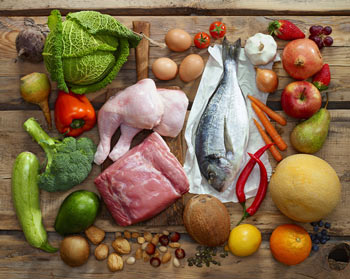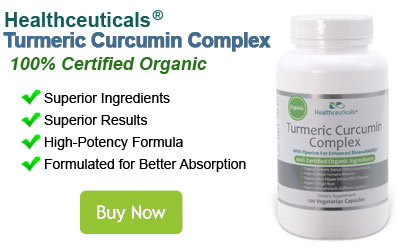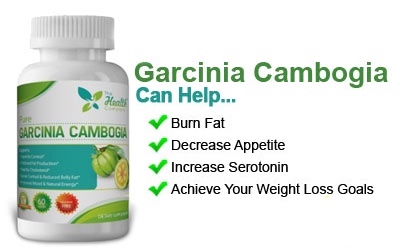
Whole foods are natural, unprocessed food items. Processing of food includes cooking, freezing, or combining it with additives or chemicals. Any food that is not in a form in which you could find it in nature has been processed.
Examples of whole foods include:
- Legumes
- Fruits
- Vegetables
- Meat
- Fish
- Nuts
- Seeds
- Eggs
Whole foods are great sources of nutrition when compared with processed foods.
Why Are Foods Processed?
Some food items must be processed to make them edible. Others are processed to keep them from spoiling or to make them more easily storable. Still others are made safer for consumption through processing by reducing or eliminating harmful bacteria.
Some minor processing procedures, such as freezing fruits and vegetables, don't change the nutritional value of the food too much, and they are necessary to store these items for times of the year when they aren't available completely unprocessed.
Some foods require some type of processing, such as cooking, before they are safe to eat. In some cases, cooking decreases the nutritional value of a food while, in others, it actually allows the nutrients to be more available for use by our bodies.
However, highly processed foods such as chips, hot dogs, soda, and boxed meals have nutrient profiles that are quite different from the individual ingredients they are based on, resulting in a less healthy item.
Why Are Whole Foods Better?
Whole foods have many advantages over foods that have been processed and refined. Some of these include:
- There are more vitamins and minerals in foods that haven't been processed. The Department of Health and Human Services states that the standard American diet is lacking in several key nutrients because of dependence on processed foods.
- More fiber and healthy fats are found in whole foods. Fiber is often stripped from foods when they are processed. For instance, fruit juice has had most of the fiber that is present in the fruit removed. And whole foods are more likely to contain healthy fats than unhealthy hydrogenated ones.
- There are a plethora of phytochemicals in whole fruits and vegetables. Phytochemicals are substances that a plant uses for health, and they have been shown to be useful to humans also. In fact, these nutrients are beneficial to virtually every aspect of our health.
- Whole foods contain lots of antioxidants. These are essential for fighting free radical formation in the body and slowing aging, inflammation, and disease.
- Many processed foods have additives such as flavorings, preservatives, and other chemicals that are harmful to health. These additives are present to keep food from spoiling, enhance its flavor, and maintain the consistency and taste desired by the manufacturer. However, our bodies can't use many of these chemicals. In some cases, they are even harmful.
- Many highly processed foods have lots of calories but are low in fiber. This means that you will take in a high number of calories without feeling particularly full, which can lead to overeating.
- Whole foods contain amino acids that are required for body functions. Amino acids are the building blocks of proteins, which are used in every single process in the human body. They also participate in healthy body function on their own (without combining to make proteins). Whole foods, including vegetables, legumes, seeds, nuts, and meat all contain a variety of amino acids. Some of these must be provided in the diet because our bodies can't manufacture them.
- Whole foods have nutrients that work together in our bodies to achieve good health. Foods found in nature contain a complex set of nutrients that work together in our bodies. This means that the food is ready-made to be of optimal benefit to us. Most highly processed foods don't have such synergistic nutrient profiles.
- Processed foods often contain high levels of hydrogenated fat, sugar, and sodium that can be harmful to our health. These are usually added to increase the palatability of food items, but they can be unhealthy in high quantities.
- Refined grains have had their hulls removed. Most of the vitamins and nutrients of a grain are contained in the hull, so eating white rice or bread deprives you of all of those essential nutrients. Whole grains, with their hulls, contain more nutrients than refined, white ones. It's important to note that some people don't consider grains to be whole foods at all because they must be processed to some degree to be consumed by humans.
Should You Cut Out Processed Foods?
It probably isn't necessary to remove all processed food from your diet. In fact, some foods need to be cooked or frozen to be available and safe for us to eat. However, avoiding highly processed foods as much as possible is in your best interest for maximum health.
Try to keep whole foods to 60% or more of your overall diet, and choose the least amount of processing you can for the rest.
If a food is in a form that you could not achieve at home yourself (it has ingredients that you don't recognize or has been through a process that you can't duplicate), consider avoiding it.
Stick to fresh fruits and vegetables when possible, and use frozen ones when the season requires it.
Making a few wise swaps in your diet can help you reap great health rewards.
You May Also Like These Articles/Recipes:
Glucomannan: A Different Source of Fiber
Can You Lose Weight by Eating Spicy Food?


